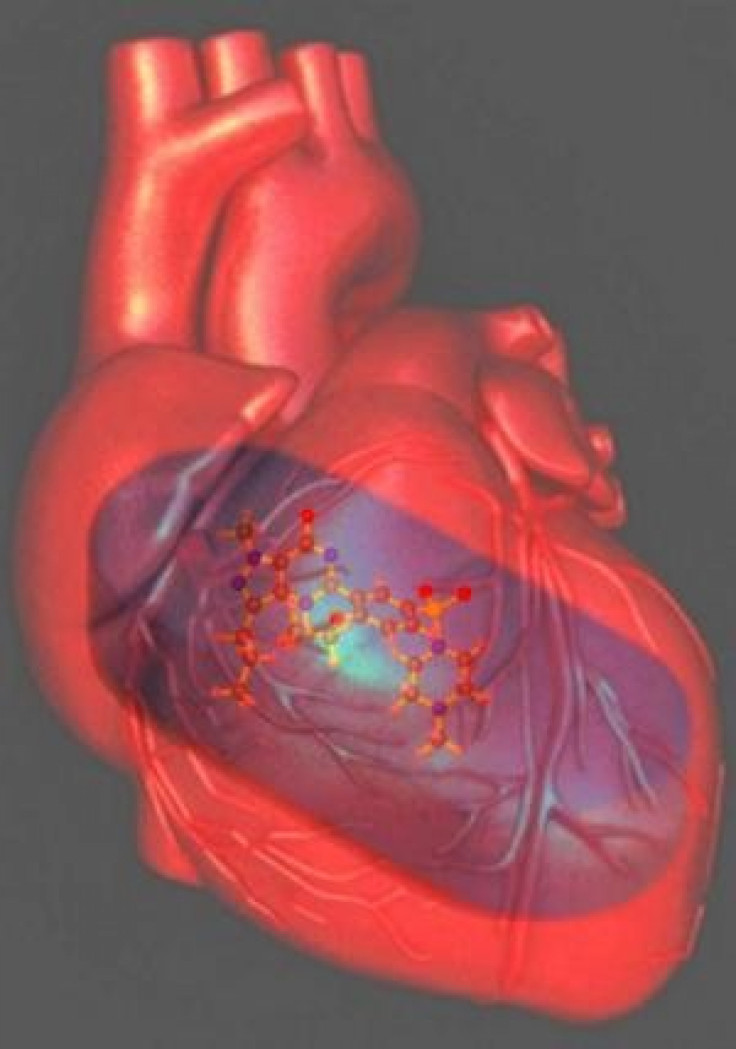Dr. Michael Berkland Stored Human Brains, Hearts, Lungs And Other Organs In A Storage Unit

Dr. Michael Berkland, 57, a former medical examiner, was arrested in Florida on Friday, after keeping human organs in over 100 containers and placing them in a storage unit.
"The remains included tissue samples and dissected organs. (Investigators) also advised that there were numerous whole organs, including hearts, brains, a liver and a lung," authorities said in the affidavit.
While about half the containers used were medical grade, the other half included plastic food containers, according to the affidavit, and the human remains were stored in a liquid substance.
The Associated Press reports that Berkland worked at the District 1 Medical Examiner's Office in Pensacola from 1997 to 2003, before he was fired for not completing autopsy reports. He no longer has a license to serve as a medical examiner in Florida.
The organs were discovered last month last month in a storage unit Berkland had rented for about three years.
"How horrible it is for the families of these deceased to think that someone's loved one's organs are basically rotting away in a storage unit somewhere, it's horrible," said Jeff Martin, director of the District 1 Medical Examiner's Office, according to the Herald Tribune.
Berkland has been charged with improper storage of hazardous waste and keeping a public nuisance. He was also driving with a suspended license when he was arrested. He was released from jail on $10,000 bail.
It remains unclear why Berkland kept the human organs.
Police told ABC News affiliate WEAR-TV that they believe the remains are from autopsies Berkland did between 1997 and 2007 at funeral homes in Pensacola, Tallahassee, Fort Walton Beach and Panama City.
Berkland's attorney, Eric Stevenson, claimed his client has done nothing wrong. He told the Tribune: "Every profession has a certain way it stores things related to their profession. Ultimately, these were intended to go to the incinerator for destruction. It's no different than files in a lawyer's office that ultimately go to a shredder."
State Attorney Bill Eddins said more charges may be filed.
© Copyright IBTimes 2024. All rights reserved.












